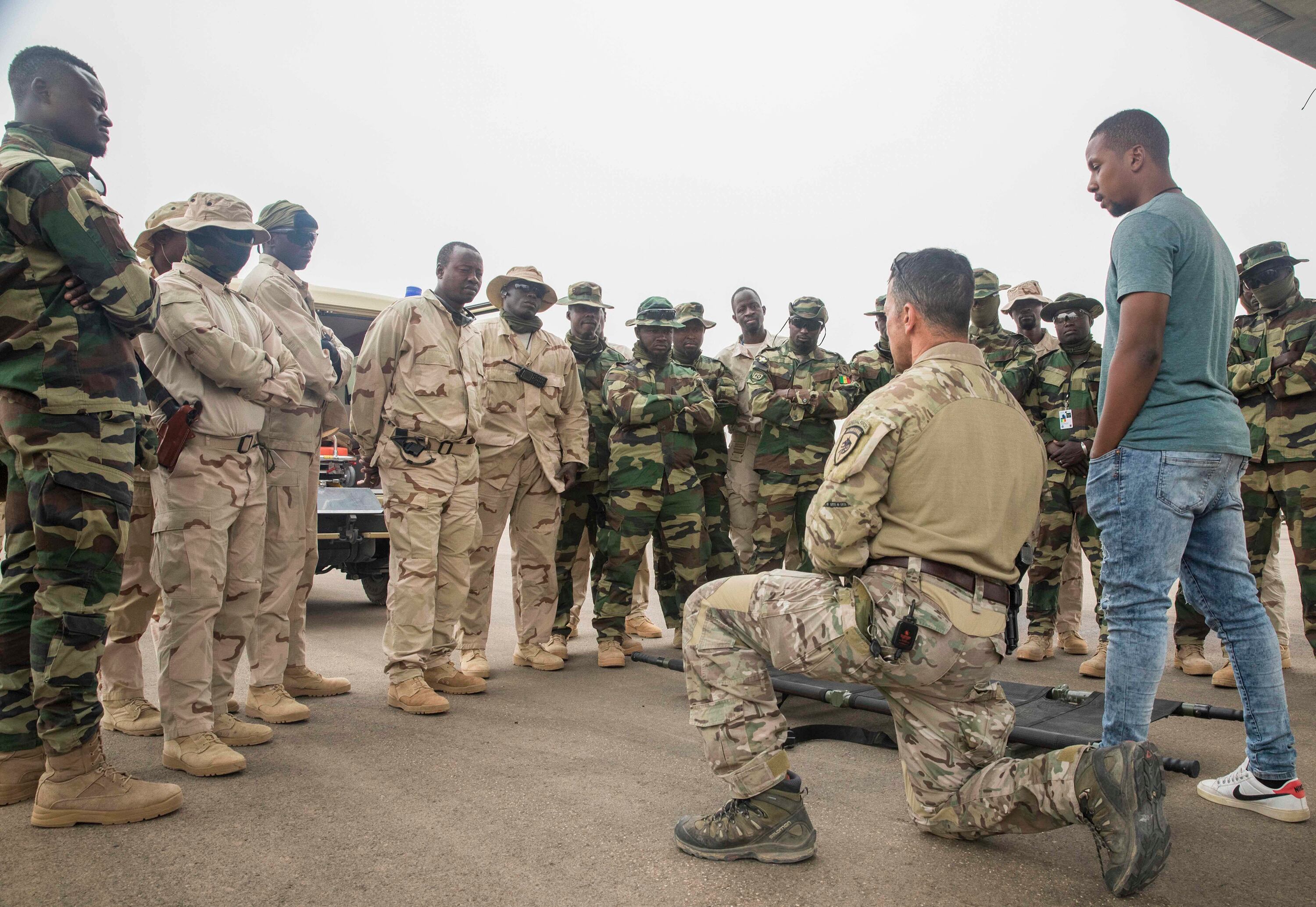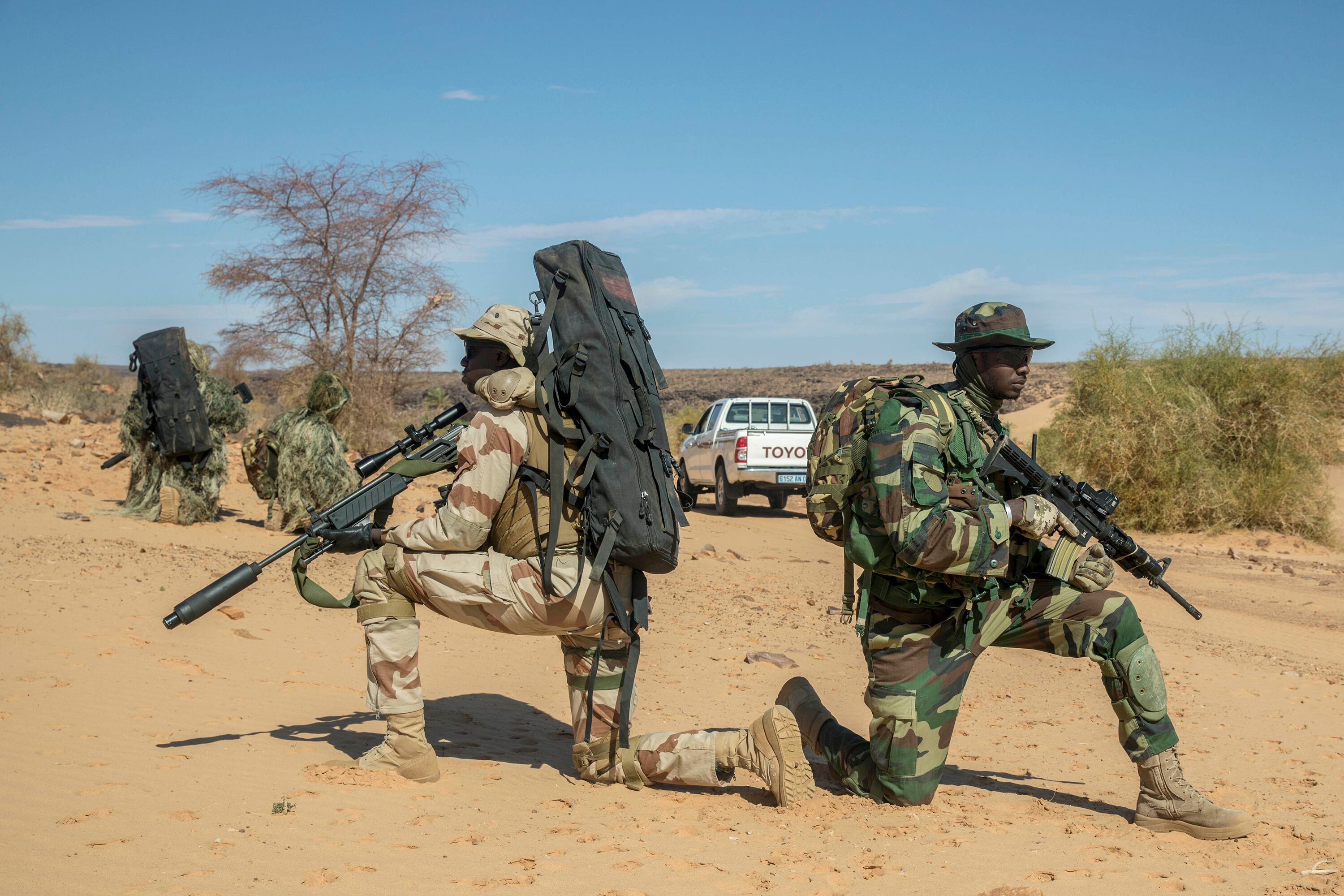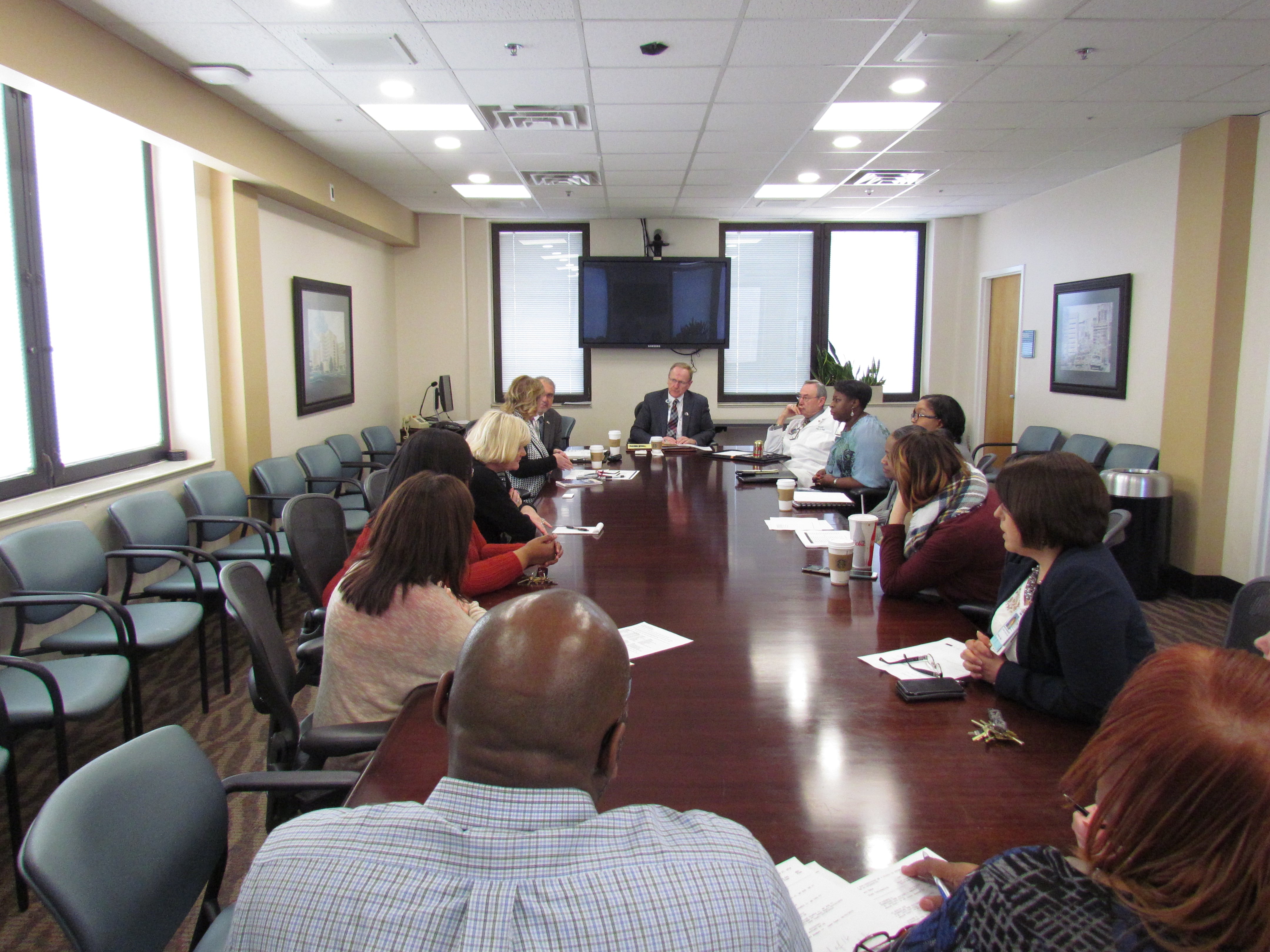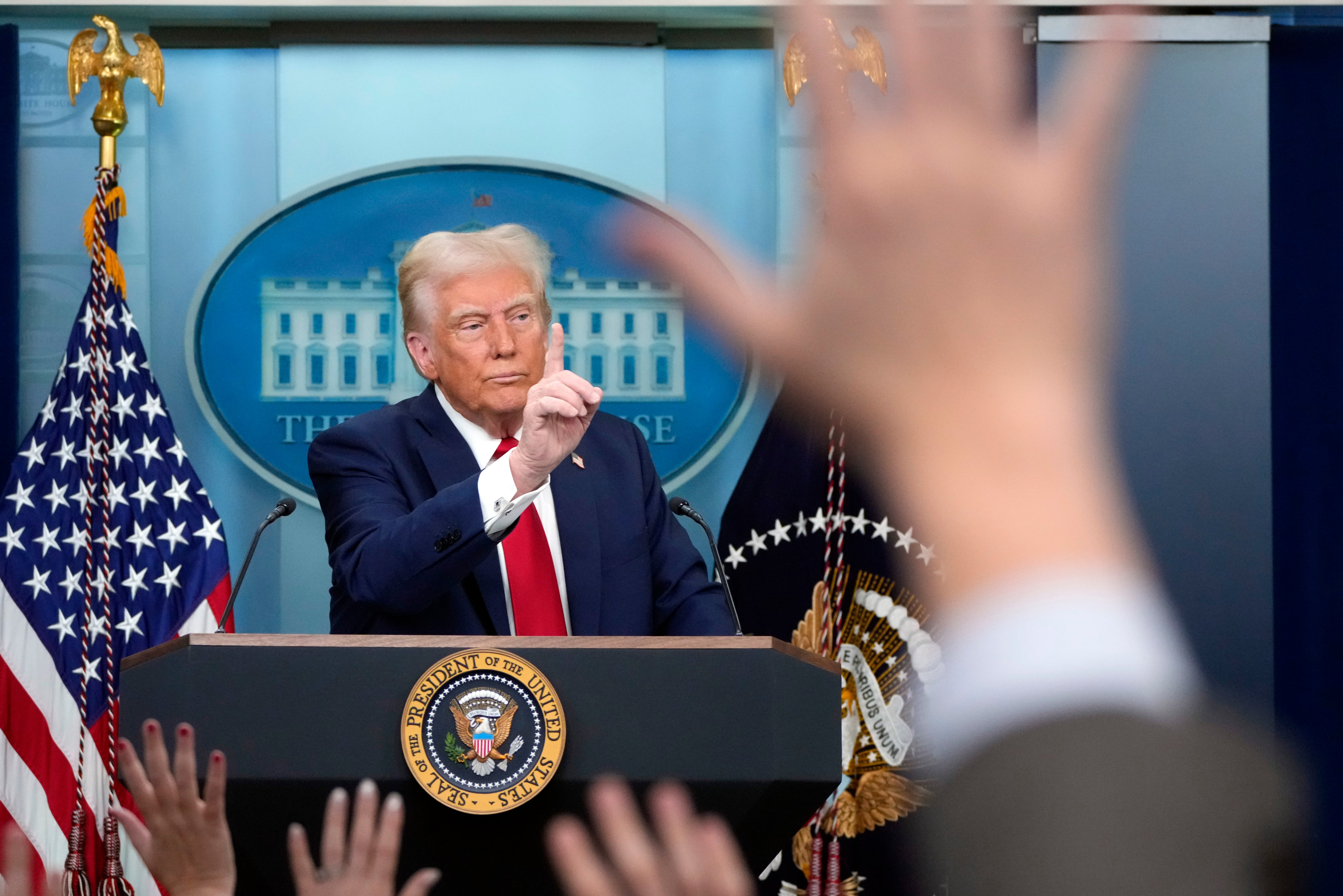U.S. and international efforts to combat violent extremist organization in West Africa aren’t working, according to U.S. Africa Command commander Army Gen. Stephen Townsend.
Despite French-led efforts in the Sahel region to combat groups including Boko Haram and al-Qaida in the Islamic Maghreb, AFRICOM says violent extremist activity in West Africa has increased 250 percent since 2018.
“The Western and international and African efforts there are not getting the job done,” Townsend told lawmakers on the House Armed Services Committee on Tuesday. “ISIS and al-Qaida are on the march in West Africa. They’re having success, and international efforts are not.”
“I do believe that if ISIS can carve out a new caliphate, or al-Qaida can, they will attempt to do it in West Africa,” Townsend said.
Townsend credited violent extremist groups’ gains to African partners’ lack of capacity or capability to tackle such issues, coupled with uncoordinated and insufficient assistance from Western and international allies.
“Those efforts might actually be sufficient if they were better coordinated,” Townsend said.
Although he said French and other European allies recognize that this is a problem and are working to mitigate it, he argued European states have the bandwidth to — and should — step up their work in the region before the U.S. ramps up efforts there.
That’s because Townsend anticipates threats stemming from West Africa will impact Europe before the U.S.
“I think left unchecked, this become a threat beyond the region,” Townsend said.

U.S. troops in West Africa are primarily responsible for supporting counterterrorism operations carried out by the more than 4,500 French troops stationed in the region. U.S. troops step in and provide logistics support, airlift, intelligence sharing, among other things to U.S. allies in the region.
But terrorist activity in the Sahel region of Africa has dramatically risen recently, according to the United Nations Special Representative and Head of the UN office for West Africa and the Sahel, Mohamed Ibn Chambas. In January, he said more than 4,000 deaths related to terrorist attacks were reported in 2019 in Burkina Faso, Mali and Niger. That number equals five times the number of deaths reported in 2016.
In Burkina Faso alone, more than 500,000 people became displaced due to the violence between January 2019 and January 2020, most recent estimates from the United Nations Office for the Coordination of Humanitarian Affairs report.
“From a broad security standpoint, the Sahel is a tinderbox of terrorist activity and where violent extremist organizations look to use the space to recruit, adapt and evolve,” AFRICOM spokesman Air Force Col. Chris Karns told Military Times in February.
“While the future is uncertain, the need for partnerships and readiness in complex environments will remain a constant, especially in an era of great power competition,” Karns said.

The Department of Defense has approximately 6,000 personnel on the entire African continent. Meanwhile, the Pentagon is currently conducting a review of all the combatant commands to examine whether troop adjustments around the world are necessary — a move that comes as the Pentagon is eyeing threats from near-peer adversaries Russia and China.
Although Secretary of Defense Mark Esper said in January that the Pentagon will not completely pull all U.S. troops from the African continent, it remains unclear whether a drawdown will occur.
AFRICOM’s future footprint on the continent may be up in the air, but the command currently has adequate resources to conduct the mission it’s been assigned, Townsend said. The exception though is resources for intelligence, surveillance, and reconnaissance (ISR) operations.
Even so, he said AFRICOM troops are the “most thinly resourced of any I have ever encountered” due to the U.S. role supporting international partners, and noted that fewer resources would further limit AFRICOM’s capabilities.
“I agree if we have less resources we will be able to do less,” Townsend said.





